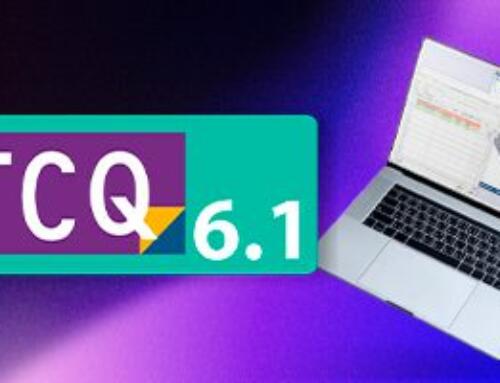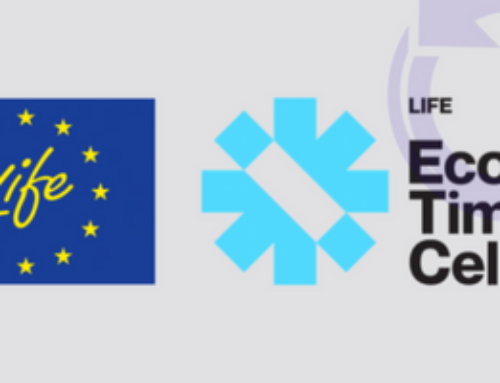Intelligent cities of historical interest. Is it possible?
Until recently, the possession of renewable energy facilities, such as photovoltaic, was stagnant by a series of taxes and conditions that resulted in an almost non-existent demand for them. One of the most frequently mentioned taxes is the famous tax on the Sun, which was created by Royal Decree 900/2015 and was a tax that the owners of photovoltaic panels had to pay in order to remain connected to the electricity grid, even if they did not use it, as a cost and service of the system.
Thanks to the new regulations that benefit renewable energies and lay the foundations for self-consumption, taxes like the one mentioned above disappear to make way for a new way of life. In this case we refer; to the Royal Decree 244/2019 by which the administrative, technical and economic conditions of the self-consumption of electrical energy are regulated and to the Royal Decree Law 23/2020 by which measures are approved in the matter of energy and in other scopes for the economic reactivation.
What is self-consumption?
We understand by self-consumption the individual production for own consumption through, for example, the installation of photovoltaic panels that supply your home with 100% renewable energy. The new regulation, in addition to introducing shared self-consumption, something prohibited in the previous legislation, recognizes the right to self-consume electricity “without tolls or charges”.
These two new regulations trace the path towards the development and improvement of renewable energies, as well as favoring and promoting sustainable and environmentally friendly projects. In short, a legal framework that does not negatively affect progress and allows technically possible projects.
It is expected that by 2050, 80% of the population will live in urban areas where most European cities have buildings of historical interest. Taking into account that cities represent 80% of the world’s energy consumption and produce more than 60% of greenhouse gas emissions, how can we change these figures without endangering cultural heritage? The answer can be found in the POCITYF Project.
Closer to the Smart Cities thanks to new regulations and innovative projects
POCITYF intends to carry out a series of actions in the city that not only change the current panorama, but also ensure a long-term impact by creating and coordinating a network of intelligent cities for areas of great cultural heritage.
A smart city is a city that through technology and innovation promotes a more efficient and sustainable development to improve the quality of life of its citizens. Some of the objectives of smart cities are: to facilitate mobility, promote sustainable development, improve social services and give voice to citizens, since they are the ones who create the city and not vice versa.
The project achieve its objective hrough the following lines of action or Energy Transition Tracks:
![]() ETT 1 Positive energy buildings and districts
ETT 1 Positive energy buildings and districts
Increase energy savings at the building level and reduce energy bills
![]() ETT 2 Energy management and storage
ETT 2 Energy management and storage
Maximize self-consumption
Reducing the mains voltage
Increase financial value
Promoting electric and hybrid vehicles
More sustainable transport
Reducing costs of citizen mobility
![]() ETT 4 Citizen-driven co-creation
ETT 4 Citizen-driven co-creation
Encourage citizens and make them the main axis of this new paradigm
This project has received funding from the European Union’s Horizon 2020 research and innovation programme under grant agreement nº 776708.
Share this information
Are you a player in the construction sector?
- Do you want to keep track of the latest developments in our sector?
- Do you want to attend to webinars, seminars and conferences?
- Do you want to access the most comprehensive construction database in Spain?
- Do you want to learn new technology skills?
- Do you want to benefit from exclusive promotions?
Be part of ITeC
And enjoy the latest developments in the construction sector.
- Sustainability
- Digitization
- Innovation
- Work methodologies








